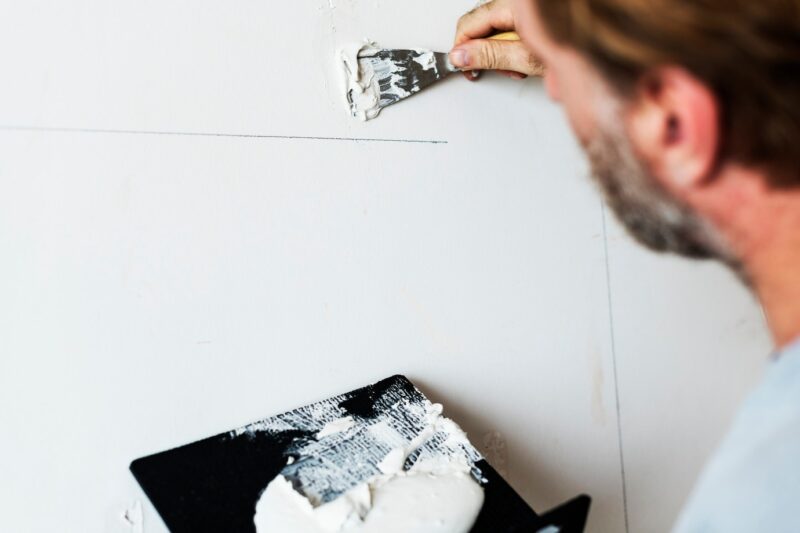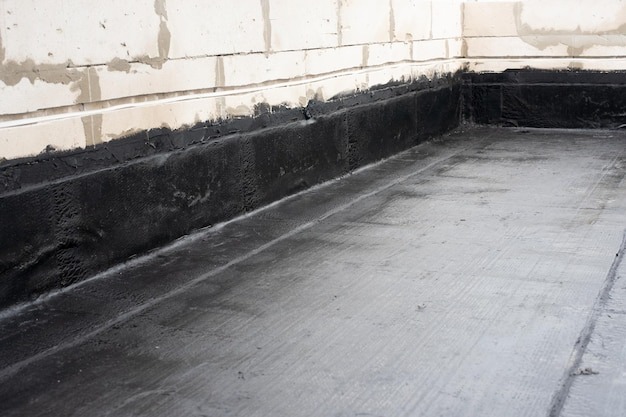Protecting your home from damage is an essential part of maintaining its value. Water damage can lead to significant costs that often catch homeowners off guard. One area frequently overlooked is the lower level of the house, where moisture problems begin quietly and worsen over time.
Tackling this issue early could mean the difference between manageable repairs and a financial disaster. But does protecting your home’s foundation from water truly save you money over time? Let’s explore.
Key Points:
- Early action prevents expensive structural repairs.
- Damp environments invite health hazards like mold.
- Long-term solutions increase property value.
- Professional assistance offers durability and peace of mind.
- Investing upfront beats continuous emergency fixes.
Why Ignoring Moisture Problems Is a Costly Mistake

Failing to address moisture issues in your lower level doesn’t just harm your wallet. It also compromises the air quality in your home, making it an unhealthy space for your family.
Mold, mildew, and rot thrive in damp environments, turning a small issue into a massive headache. The expenses associated with fixing those problems, combined with potential health risks, far exceed the costs of preventative measures.
Structural integrity is another concern. Water slowly erodes concrete and weakens your foundation. Over time, this leads to cracks, shifting, and costly repairs. All of this can be avoided with proper protective measures to keep your lower level dry and secure.
What Is the Cost of Basement Waterproofing?
Taking action against moisture doesn’t have to break the bank, but the costs can vary depending on the size of your property and the extent of the issue. Prices typically cover materials, labor, and the type of system installed. If you’re wondering about pricing specifics, learn more about basement waterproofing cost at this detailed guide.
Immediate Benefits of Keeping Water Out
1. Reduced Energy Costs
Excess moisture makes it harder to regulate indoor temperature. A dry lower level cuts down on heating and cooling expenses.
2. Preventing Mold and Mildew
Mold spores spread quickly, leading to respiratory issues and even long-term illnesses. Preventing dampness eliminates this risk.
3. Safeguarding Stored Items
Many use the space for storage. Keeping it dry ensures valuables, documents, and sentimental items remain protected.
4. Boosting Property Value
Buyers avoid homes with water damage history. A professionally sealed lower level is an attractive feature during resale.
Long-Term Savings: Why Prevention Always Pays Off

Addressing water issues upfront might seem expensive, but the alternative costs are significantly higher. Here’s why preventive measures are always a better choice:
- Avoid Emergency Repairs: Fixing a flooded area or addressing cracked foundations on short notice costs a fortune.
- Health Costs: Treating illnesses caused by mold or poor air quality is an avoidable expense.
- Insurance Challenges: Many insurance policies exclude coverage for preventable water damage.
Common Methods for Keeping Your Home Dry
1. Exterior Drainage Systems
Divert water away before it enters the foundation. While installation costs vary, they are an effective long-term solution.
2. Interior Drainage Systems
These systems collect water that has entered and redirect it away. They work well in conjunction with sump pumps.
3. Sealants and Coatings
Cracks and leaks can be patched with professional-grade materials. This solution is often quicker but works best for minor issues.
DIY vs. Hiring Professionals
Some homeowners attempt to fix moisture problems themselves, often underestimating the scope of the issue. Professionals provide warranties, high-quality materials, and expertise that ensure the problem doesn’t return.
Five Practical Tips for Preventing Moisture Damage
- Inspect Regularly: Check walls and floors for signs of dampness.
- Grade the Yard: Ensure the soil slopes away from the house to direct water flow.
- Clean Gutters: Blocked gutters lead to water pooling near the foundation.
- Install a Sump Pump: Protect the space by removing water buildup automatically.
- Use Dehumidifiers: Keep indoor air dry, especially during humid seasons.
Final Thoughts
Investing in moisture control measures saves homeowners significant amounts over time. The upfront cost is minor compared to the financial and health risks of ignoring the issue. A dry lower level isn’t just about money; it’s about creating a safe, healthy space for your family. Take action today, and enjoy the peace of mind that comes with a secure home.


